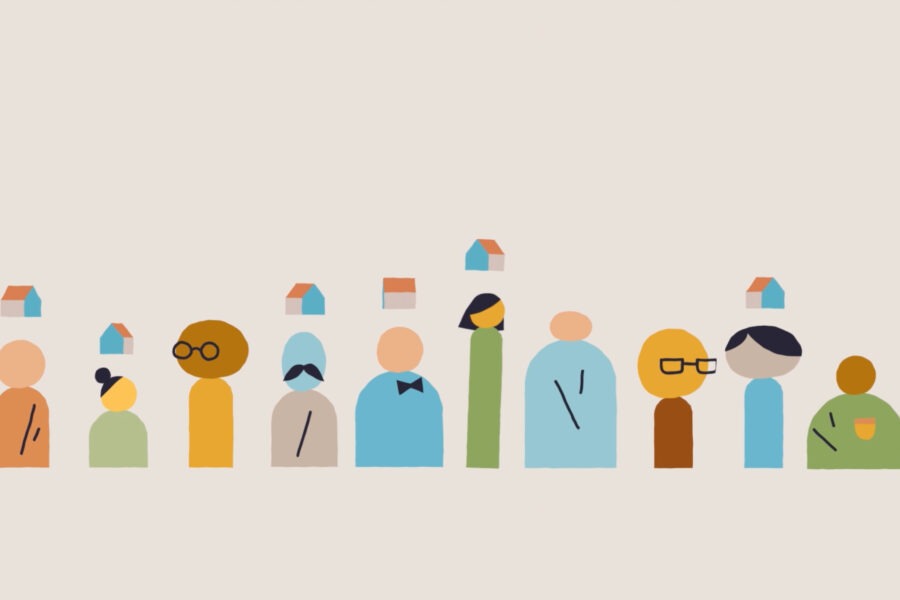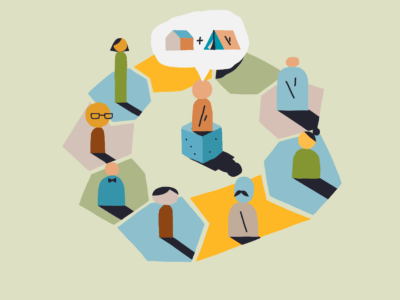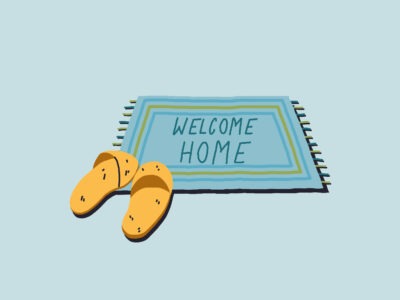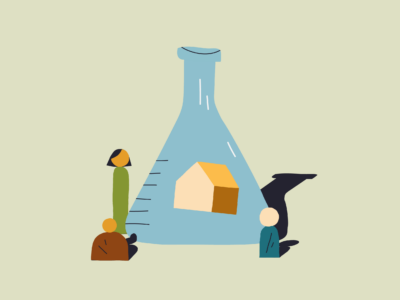We’re working toward a future where homelessness is rare and brief.
Where communities of all kinds — big and small, urban and rural, red and blue — are able to achieve breakthrough results.
When someone loses a home, they’re quickly connected to the help they need to get back on their feet. They’re not lost in a complicated system. Instead, the organizations are working as a unified community housing system and know people experiencing homelessness by name and understand what they need to get back into a home. They get help quickly because they’re treated as a neighbor throughout the process. Everyone in the community is on the same page, working as a team.
The people experiencing homelessness don’t have to deal with the impossible web of bureaucracy to get back into housing and get the help they need to stay there — which could include health care, job training, or drug treatment. And the system delivers excellent outcomes for everyone.
As a result of a more efficient and effective system, the focus shifts to ensure most people don’t ever experience homelessness in the first place — leading to a world where homelessness is truly rare and brief.

This future isn’t just possible — Built for Zero communities across the country are making it a reality.
Communities are making progress on homelessness by working differently.
- 14 communities have solved homelessness for entire groups of people like veterans or people experiencing chronic homelessness
- 40% of Built for Zero communities — including a number of major cities — reduced homelessness for veterans or people who have experienced chronic homelessness
- 71 communities achieved quality by-name data
- 3 state partners engaged
- 171,681 people housed in Built for Zero communities
How did they produce these results?
Communities are choosing to align across organizations and sectors to share information and resources in order to reach a shared aim.
Communities define success by whether they’re reducing homelessness and have the infrastructure, data, and partnerships to ensure homelessness is rare and brief.
Solving homelessness is the responsibility of the whole community — it’s not just the job of a single sector or organization. Like a command center during a crisis, everyone who holds a key piece of the solution works together to solve it.
Leaders take accountability for solving homelessness. They know how many people are experiencing homelessness each month and make this information public. They treat the issue with the urgency it requires and mobilize support to solve it.
Progress is accelerated by smart public policies, governance structures, funding, and technology. These areas — which historically have slowed progress — now work in service of solving homelessness. Communities use all available resources to quickly close housing gaps.
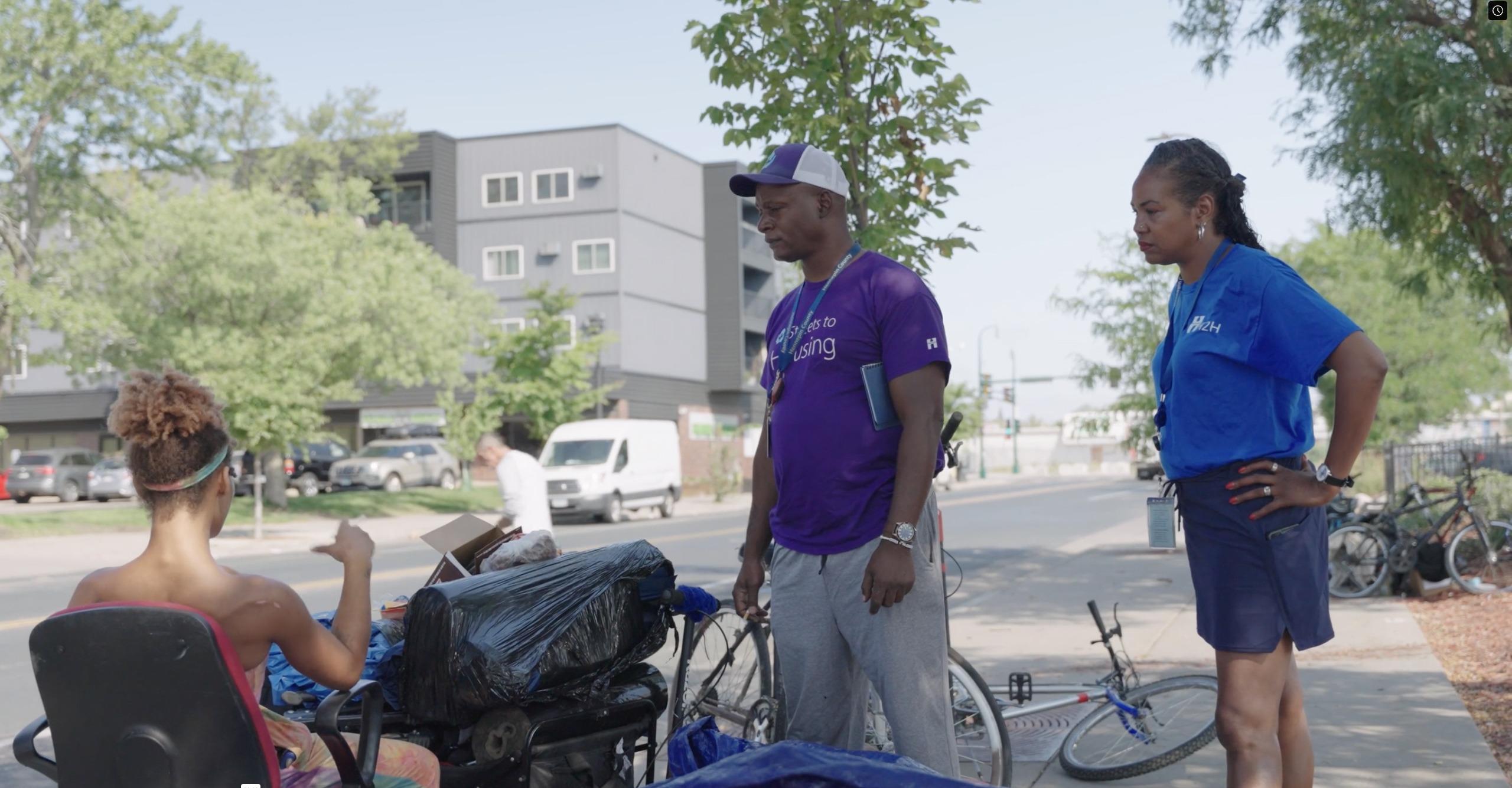
Homelessness is solvable.
The MacArthur Foundation awarded Community Solutions $100 million in 2021 to reach a tipping point in the U.S. in five years, where the conditions are primed for any community to make homelessness rare, brief, and nonrecurring.
This year, communities reached milestones that bring us closer to our goal of solving homelessness:
- In a year where overall numbers were on the rise, over 40% of Built for Zero communities — including a number of major cities — reduced homelessness for veterans or people who have experienced chronic homelessness.
- In 2024, we will likely see an exciting first: Communities where homelessness is now rare and brief for everyone.
- A substantial number of communities have real-time, quality data on every person experiencing homelessness, their history, and their needs — a critical step in reducing homelessness.
- Across the country, community teams are more coordinated, collaborative, and confident in their ability to make homelessness rare and brief.
These achievements are profoundly inspiring. They’re also only the beginning.
How fast we act and how much we learn will determine how much we can achieve. In that spirit, this impact report explores the key insights that have emerged in the past year of the MacArthur Foundation’s five-year challenge.
Homelessness doesn’t have to be a heartbreaking but inevitable reality. Built for Zero communities are demonstrating that homelessness is solvable.
Read more from our 2023 Impact and Learning Report

The future we can build together

Our path toward a tipping point

Helping communities solve homelessness
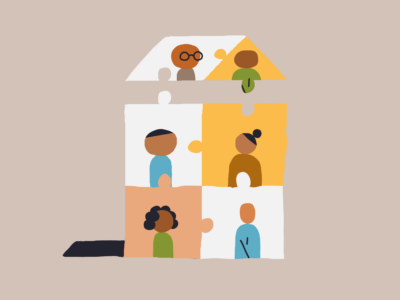
Supporting fair homeless response systems

Solving key data and collaboration challenges

